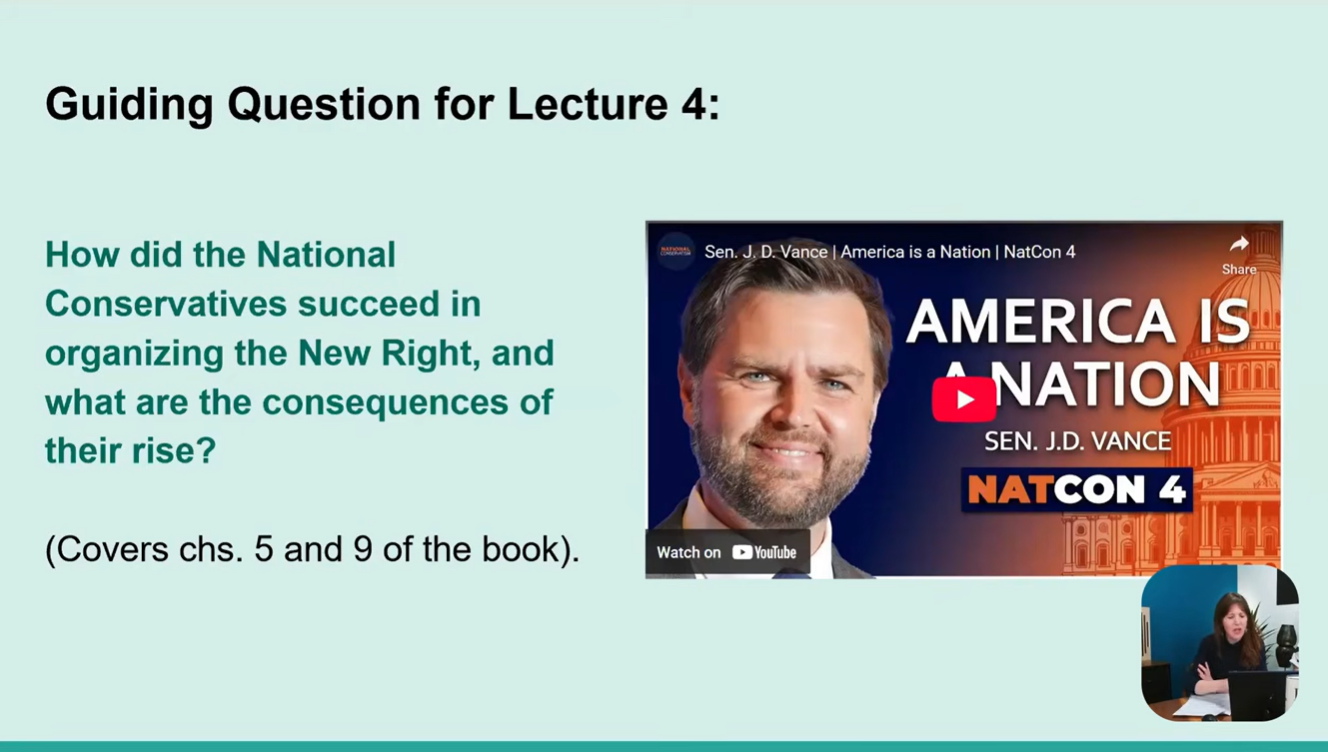The Week that Was: All of Lawfare in One Post
In response to Wednesday’s terrorist attack on French satirical newspaper Charlie Hebdo, Clara Spera noted that, while the French counterterrorism apparatus was caught off-guard, the victims themselves seemed to know it was coming, and are all the more heroic for continuing their work. Meanwhile, Ben linked to a Reuters report that the FBI is cooperating with French law enforcement and mused that, just maybe, there might be another, less internationally-popular U.S.
In response to Wednesday’s terrorist attack on French satirical newspaper Charlie Hebdo, Clara Spera noted that, while the French counterterrorism apparatus was caught off-guard, the victims themselves seemed to know it was coming, and are all the more heroic for continuing their work. Meanwhile, Ben linked to a Reuters report that the FBI is cooperating with French law enforcement and mused that, just maybe, there might be another, less internationally-popular U.S. agency on the case too.
Later, Ben showed us that The Intercept---the publication of Glenn Greenwald, that brave, tireless critic of anonymous sources---found an anonymous source in Al Qaeda willing to claim responsibility for Wednesday’s attacks. Bryan Cunningham posited that the Charlie Hebdo attack illustrates the perils of a law enforcement approach to terrorism and the problem with our current legal approach to counterterrorism.
Following the Palestinian Authority’s action to join the International Criminal Court, Matt Waxman argued that the move not only hurts Israel, but also the ICC and Palestine itself. Matt explained that signing the Rome Treaty may subject Israeli officials to ICC investigations, but will also lead the U.S. to cut Palestinian aid, push Israel to tighten economic sanctions on Palestine, and force the already-wobbly ICC into the political minefield that is the Israel-Palestine conflict. Alex Whiting took a different approach, imagining himself (back) inside the Office of the Prosecutor at the ICC. The OTP, he posited, would continue to operate pragmatically, opening slow-moving, thorough preliminary investigations into any claims that arise and, if necessary, open an official ICC investigation.
As uncertainty surrounding the administration’s attribution of the Sony hack to North Korea continued, FBI director James Comey revealed further evidence pointing to the DPRK’s involvement in the attack. While an official transcript of the remarks was not immediately forthcoming, Ben pointed us to Fortune’s account of the speech. Later Cody and Ben provided an official transcript and an audio recording, respectively. Earlier in the week, Jack addressed two articles by Bruce Schneier calling on the FBI to release more of its evidence by pointing out that doing so might aid foreign hackers.
Michael Knapp teased out some of the legal challenges that states face as they pass bills to limit the NSA’s signals intelligence collection, noting that the Supreme Court has consistently overruled state laws when they conflict with federal law, especially when the laws affect national security.
Jodie Liu and Taj Moore gave us an overview of the contents of the recently declassified decade’s worth of NSA quarterly reports. Jodie and Taj break down the suspected NSA violations into four broad categories: tasking and/or targeting, querying of collected data, data handling, and training
Wells shared the text of Sen. Dianne Feinstein’s letter to the White House detailing several proposals to reform the government’s interrogation, detention, and related programs.
Wells also directed us to departing Special Envoy for Guantanamo Closure Cliff Sloan’s New York Times op-ed, which lauded the administration’s progress in transferring detainees out of GITMO.
Paul linked to a Washington Post editorial raising concerns over the U.S. transition of control over the internet naming function to the international community.
David Dollar brought us this week’s Foreign Policy Essay, in which he questioned whether China’s autocratic nature might keep it from attaining the economic dominance that so many have predicted the 21st Century will feature. Sean Mirski summarized the U.S. State Department’s most recent Limits in the Seas survey, which calls into question the legitimacy of China’s nine-dash line claim.
Michael Schmitt addressed remarks by Admiral James Stavridis last week regarding legal confusion over cyberwar, specifically what constitutes a cyberattack. Michael conceded that the issue remains murky, but raised several issues with the Admiral’s argument and proposed definition of a cyber-attack.
Mira Rapp Hooper gave us a rundown of Asia Maritime Transparency Initiative’s latest issue, which focuses on the U.S. role in Asian maritime security.
Paul Rosenzweig flagged a piece in Salon that proposed a complete overhaul and downsizing of the U.S. service academies.
Wells told us about a Virginia elementary school that lost its drone and is enlisting the community to help recover the lost intelligence asset.
Paul broke the news that Lawfare has acquired a Bitcoin, and walked us through the purchasing process.
This week’s Steptoe Cyberlaw Podcast featured an interview with Jim Lewis, senior fellow and director of the Strategic Technologies Program at CSIS, along with analysis on a range of current stories.
Ben did some Lawfare housekeeping, announcing Grace Suarez as the Grand Prize winner of a dinner with her pick of Lawfare writers and then introducing the three newest members of the Lawfare team.
Cody mentioned a Brookings poll that delves into the various rationales Americans have for supporting or disapproving of the U.S. campaign in Iraq and Syria and gave audio of a Brookings event about it.
Wells showed us a piece in the Miami Herald discussing the effect of the D.C. Circuit's commission jurisprudence in Friday's overturning of a previous GITMO conviction.
And that was the week that was.
Sebastian Brady was a National Security Intern at the Brookings
Institution. He graduated from the University of California, San Diego
with a major in political science and a minor in philosophy. He
previously edited Prospect Journal of International Affairs.





